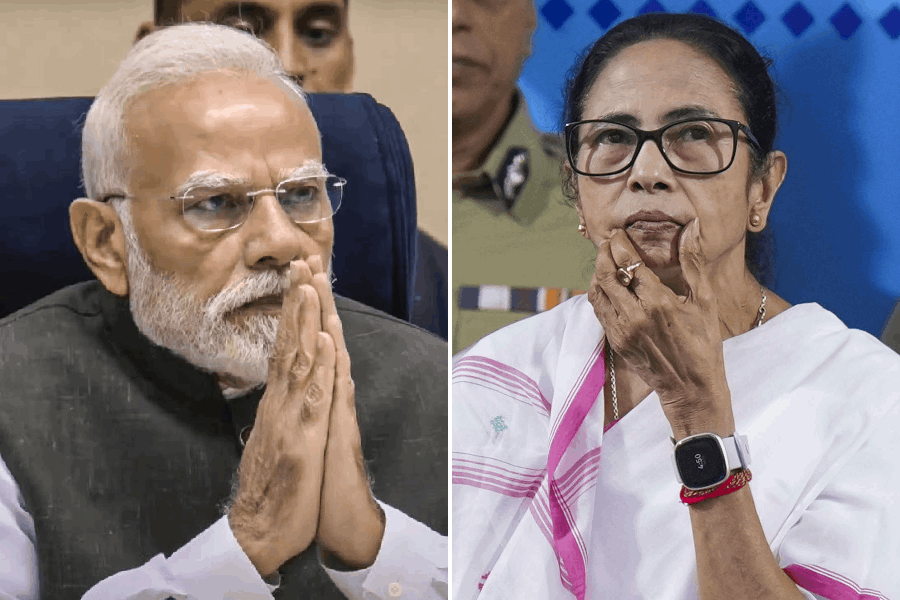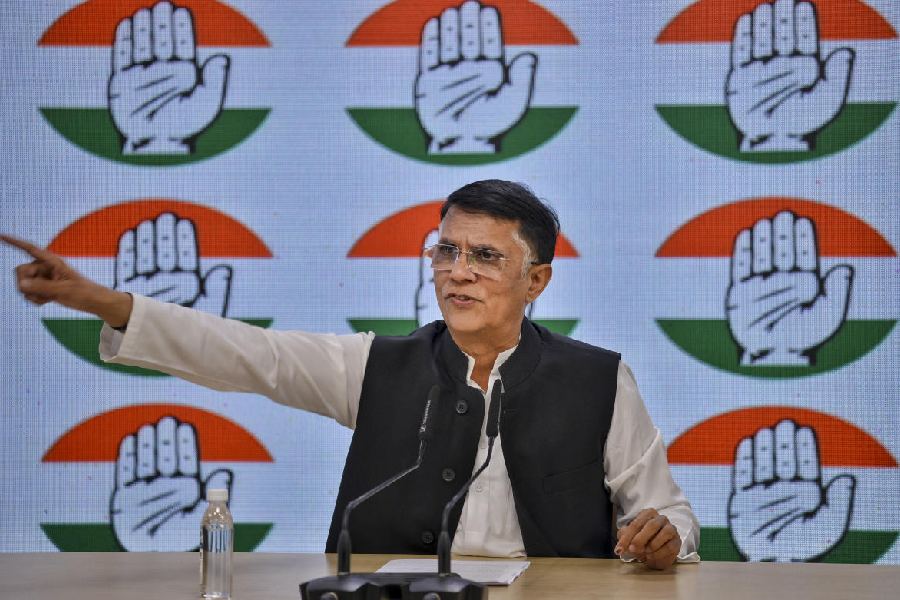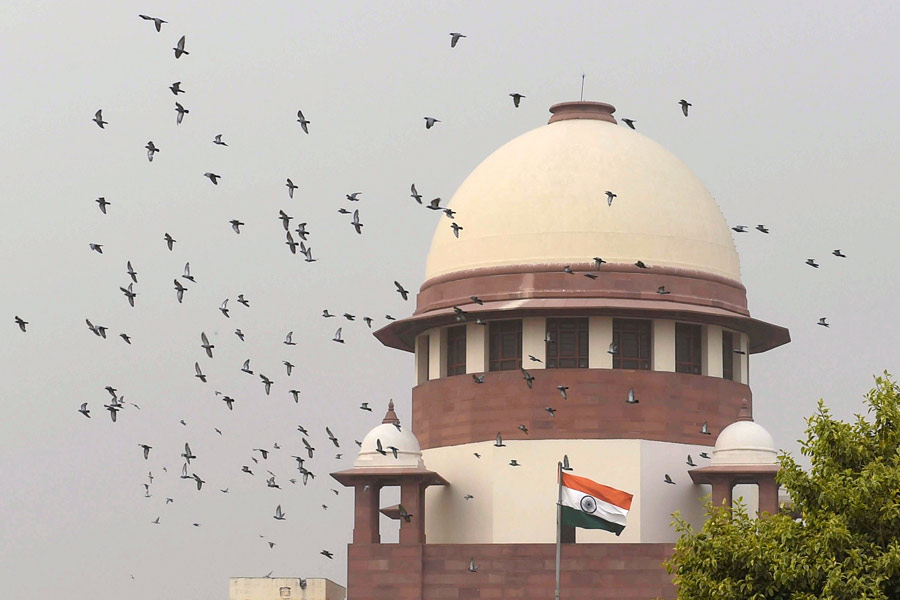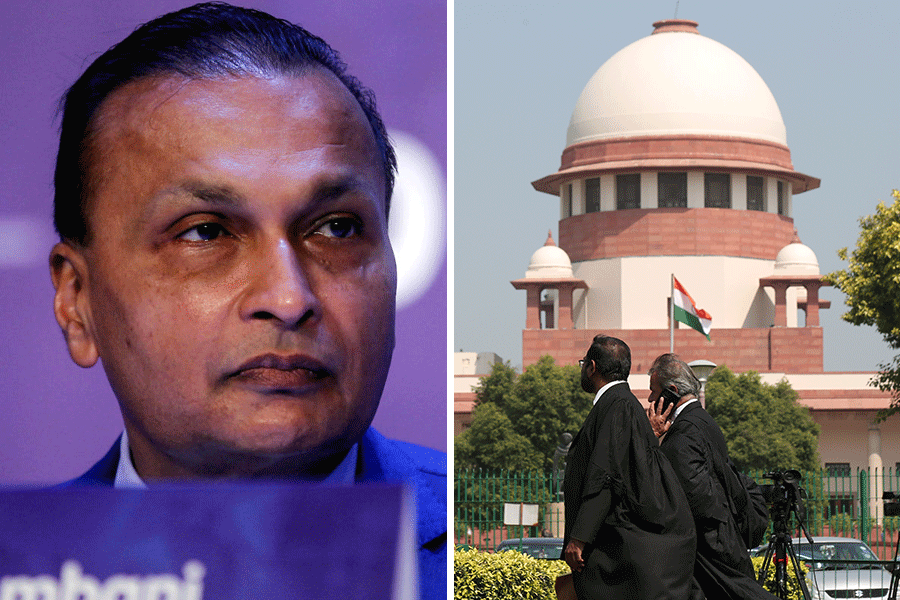 |
New Delhi, Feb. 22: A quasi-judicial commission has declared the Jamia Millia Islamia a minority institution, the first central university to be accorded such a status.
The ruling means the university can reserve up to 50 per cent of its seats for Muslim candidates. It will also be exempted from the quotas for aspirants from the Scheduled Castes, Scheduled Tribes and the Other Backward Classes.
The order by the National Commission for Minority Educational Institutions addresses a question that has been vexing the 90-year-old institution for the past few years. The issue had also caused some rift within the UPA government that prompted the intervention of the Prime Minister.
Although Jamia has always been associated with the minority community, it was never spelt out in the law concerned that the varsity was a minority institution because such a concept did not exist when it was set up in 1920. This meant that the 27 per cent OBC reservation rule for general category institutions applied to Jamia, too, although it had not implemented the quota yet.
However, the commission’s three-judge bench headed by Justice M.S.A. Siddiqui said: “We hold that the Muslim community established this university and managed it all through. It never lost its identity. We declare it as a minority educational institution covered under Article 30 of the Constitution.”
Article 30(1) says that all minorities, whether based on religion or language, have the right to establish and administer educational institutions of their choice.
“Jamia was established for the purpose of keeping Muslims’ education in Muslims’ hands, entirely free from external control… Jamia was established by Muslims and for Muslims, though non-Muslims could be admitted,” the judgment said.
Jamia was set up during the Khilafat and Non-Cooperation Movements in response to Mahatma Gandhi’s call for boycott of all government-sponsored educational institutions. It was founded by Maulana Mahmud Ali, Hakim Ajmal Khan, M.A. Ansari, Abdul Majid Khwaja and Zakir Husain.
The commission’s bench found no validity in the contention of the ministries of HRD and minority affairs that the verdict should be deferred until the Supreme Court decided a similar case concerning the status of Aligarh Muslim University (AMU). The AMU case is pending in the Supreme Court after Allahabad High Court struck down the provision by which minority status was accorded to the Aligarh varsity.
The question of minority status had always found itself in a legal twilight zone. In a 1968 dispute that came to be known as the Azeez Basha case, the Supreme Court had quashed the minority status of AMU. The court said the university was not established by minorities but by an act of Parliament, pointing out that the House had converted the status of an existing college. The verdict was eventually overruled by the Indira Gandhi government in 1981 by amending the AMU Act.
Justice Siddiqui today delinked the two issues. “The judgment in the Azeez Basha case has no link to this case. On enactment of the Jamia Millia Islamia Act in 1988, there was no conversion of an educational institution into a university as the Jamia as a university was already in existence prior to coming into force of the act. Only the status of central university was granted by the act,” Justice Siddiqui said. Jamia was a deemed-to-be varsity from 1962. However, Justice Siddiqui said the judgment would impact the AMU case to a “great extent”.
Asked if the eventual Supreme Court decision on AMU would have any bearing on Jamia, Jamia Teachers’ Association (JTA) lawyer Tarique Siddiqui replied in the negative.
Tarique Siddiqui said the commission enjoyed legal powers of a civil court and was the appropriate body to decide the minority status of institutions. But its decision can be challenged in a high court or the Supreme Court.
The Jamia issue was taken to the commission in 2006 by three associations representing the teachers, the alumni and the students. The decision came after 16 hearings during the last five years on the matter.
“Our position has been vindicated by the commission. The university got what it deserves. This will help more Muslim children to get access to quality education in the university,” said Tebrez Alam, a petitioner and former JTA secretary.
The ministries of HRD and minority affairs and the Jamia administration were the opposite parties. But the decision came at a time they had almost stopped opposing the demand for minority status.
“The government never opposed minority status to Jamia. It only asked for deferment of any decision on Jamia till the AMU case is settled. The Jamia administration, which had once opposed minority status, changed its stand and submitted documents establishing the minority character of the institute,” Alam said.
The university administration appeared elated. Jamia registrar S.M. Sajid said: “We can give admission to more number of (minority) students by giving reservation up to 50 per cent. The rest of the seats will be open to students of all communities on the basis of merit.”
Asked whether Jamia will implement the quota in appointment of faculty and officials, he said the decision had not been taken yet.
Former Jamia vice-chancellor Mushirul Hasan, who was opposed to minority status for Jamia, did not want to comment on the judgment.
Minority affairs minister Salman Khurshid and HRD minister Kapil Sibal were once locked in a stand-off over the issue. Khurshid had supported the grant of minority status to Jamia and AMU and had written to Sibal. Sibal had replied that it might not be appropriate to conclude that the stand of HRD needed any alteration but asked Khurshid to provide data and historical facts to justify the need for changing the university’s status.
Khurshid had then written to the Prime Minister, who had indicated that the possibility of an out-of-court settlement could be explored.










